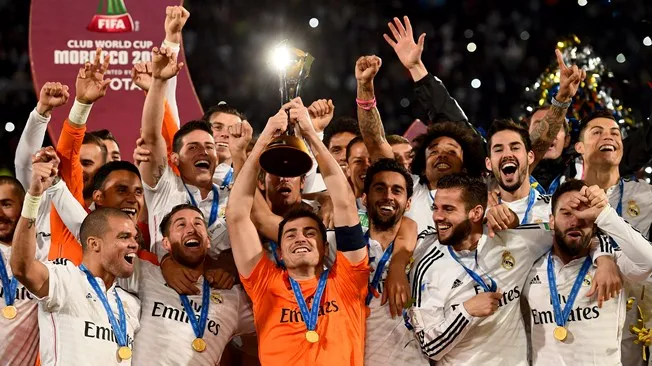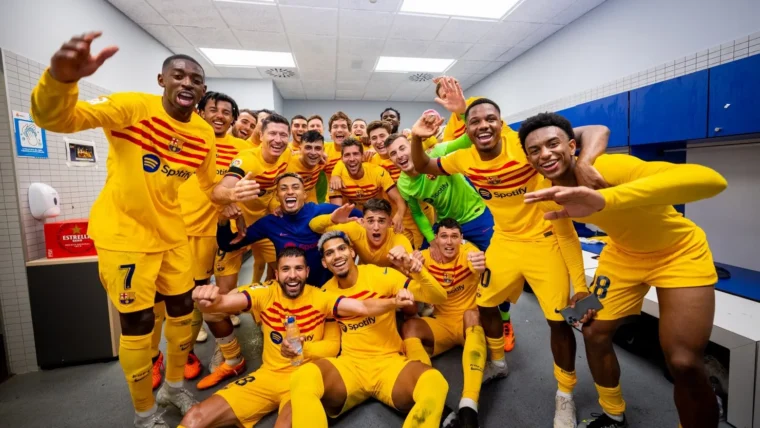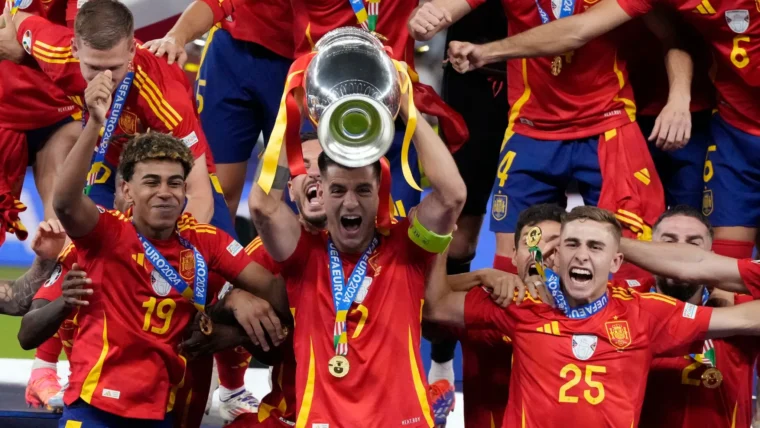More often than not, the FIFA Club World Cup ends up crowning a European team as champ. 7 of the last 11 winners are proof of that. On another 4 occasions, we’ve seen a South American team emerge as winner. Or rather, a Brazilian team. It does beg the question, how significant is this competition?
Before all that, the UEFA and CONMEBOL teams have been challenging each other since the 60s to determine the best team in the world. So they’ve had practice. In the year 2000, they decided to admit the Champions League winners from other confederations, namely the CAF, AFC, CONCACAF, Copa Libertadores and OFC into what was formerly referred to as the Intercontinental Cup. The CONMEBOL teams have won that competition 13 times, while the UEFA representatives lag behind short of 1 win. It was literally the Ryder Cup of football.
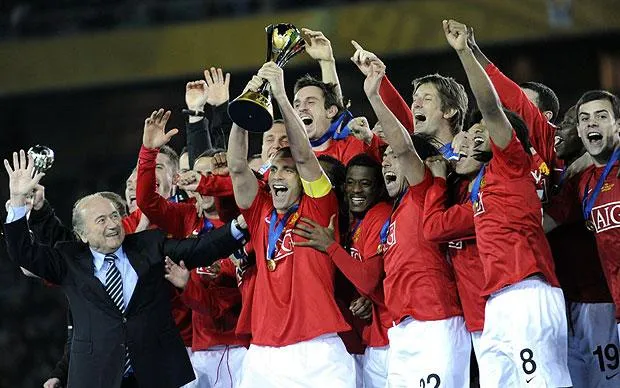
But is it a valid measurement, seeing as the standard of the sport across continents vary immensely? No football fan in their right mind, even the most optimistic person you’ll ever meet, would compare the level of football between Asia and Europe. Or even between the CONMEBOL region with that of the OFC. It’s like comparing Lionel Messi with …..Robbie Kruse!
There is a glaring and massive gulf between the countries that make up the respective confederations and you don’t need an expert to tell you that much. So, what is the point of disrupting a club’s league schedule, to have them travel to a neutral country, to play at least 5 days of an insignificant tournament? Even then, the representatives from Europe and South America are acknowledged indirectly by being admitted straight into the semi finals. If that’s not a recognition of their higher standard of football, I don’t know what is.
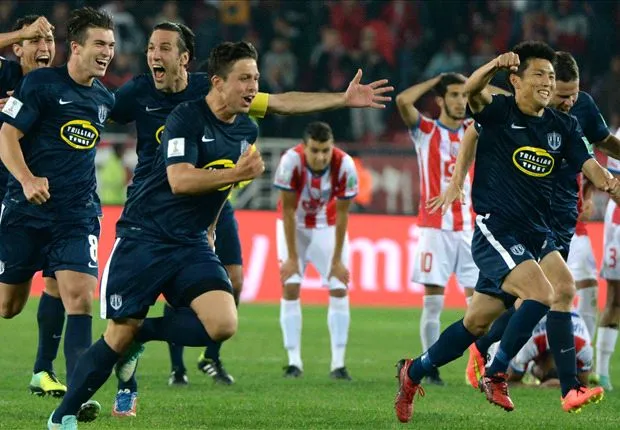
And isn’t that a bit unfair? If Auckland City are expected to play 4 matches in the space of 10 days just to prove they are the 3rd best football club side in the world, why the exception for their deep pocketed and frankly more illustrious peers? Why not see how they’d fare playing every 2.5 days to prove they deserve to be crowned world’s best?
To appease the hosts, their best team is readily admitted into the competition too. How is that contesting to find the best team in the world? What if, the winner by some luck of the draw, end up being the national champions of the host, initially an invited guest to even out the number of teams? How farcical will that turn out to be then? Thankfully, that has not happened yet. It almost did in 2013.
In the 11 editions of this competition, there’s been only 2 occasions when the final was not between a CONMEBOL and UEFA representative. In 2010, Congolese club TP Mazembe managed to upset the odds by booking a place in the final against Jose Mourinho’s Inter Milan. And again, in 2013 Raja Casablanca of Morocco faced off with Bayern Munich after defeating Atletico Mineiro in the semis. Perhaps the fact that the competition was held in Morocco helped? Then again, it’s always nice to see the underdog surprise the odds and go further than expected.
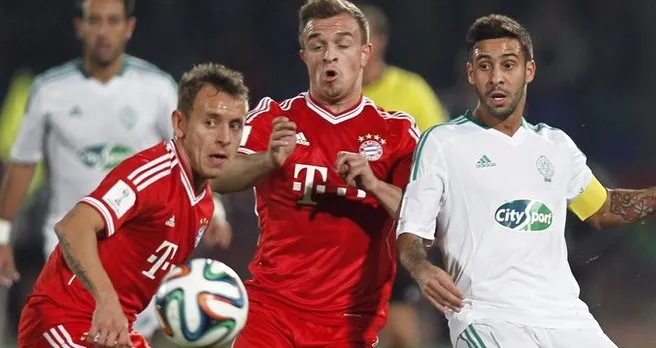
How have the club champions of the world performed in the same season they claim the title of world’s best? Only 2 of the 11 have lived up to their recognition. Bayern Munich went on to acquire the domestic league title, the UEFA Super Cup and the German Cup. Manchester United is the other exception, substantiating their win at the FIFA Club World Cup by also picking up the League Cup and Community Shield, to add to their Premier League triumph.
The other 9 times have not fared well for the world club champion. Copa Libertadores winner Corinthians have won this title twice. And each time they walk away from this competition with a silverware, they have come out worse for wear – 28th overall in the Copa Joao Havelange and 10th in the 2013 Campeonato Brasileiro. Corinthians’ peers, Sao Paulo and Internacional shared the same fate when they emerged as winners respectively in 2005 and 2006. The former could only finish 11th in the national league, despite winning the regional crown. The latter though got to be runner-up in both the national and regional tournaments.
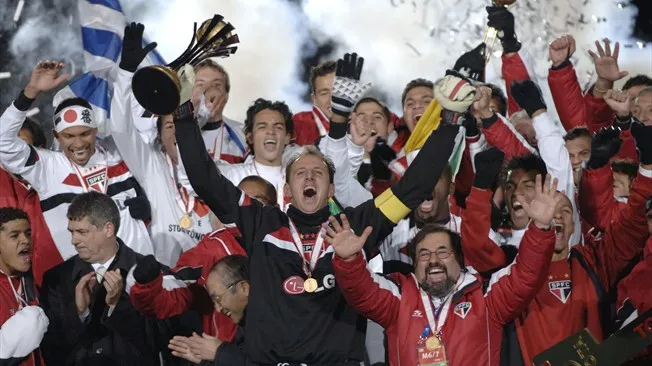
Their European challengers were not better off either. In 2007/08 AC Milan only finished 5th in the Serie A, trailing bitter rivals and domestic champions Inter Milan by 21 points. And when it was Inter’s turn to win the FIFA title, they could only challenge for second spot in the league. As for Barcelona, on the two occasions that the club from Catalonia were crowned winners of the Club World Cup, they could only muster a second place finish in La Liga too.
What does this all mean for 2014 winner Real Madrid?
For starters, they are unlikely to wrestle the league title away from Atletico Madrid. And forget about winning their 11th UEFA Champions League title. Only one European team came close to doing that in the history of the competition. But this English side had to be content with the runner up spot instead.
Then again, this is football and anything is possible as they say, in the beautiful game, right?
Other posts by Mary Ellen

